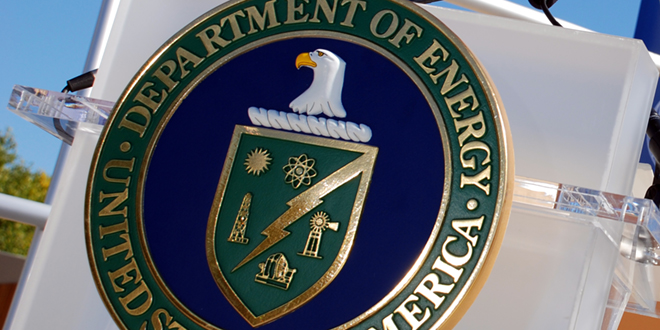The DOE is awarding $19.4 million to 22 new cost-shared research projects in the fields of advanced batteries, lightweight materials, emission control, and energy-efficient mobility systems.
Fifteen of these are Phase 1 Battery Seedling projects, aimed at battery materials and approaches that complement the Battery500 Consortium’s research. Promising Phase 1 awardees will be competitively weeded out at the end of 18 months for a second phase.
Selected projects include:
- University of Maryland – Research innovative iron-based materials for high-energy cathodes.
- Lawrence Berkeley National Laboratory – Research thick cathodes using freeze casting methods for solid-state lithium batteries.
- Penn State University Park – Research multifunctional Li-ion conducting interfacial materials that enable high-performance lithium metal anodes.
- Mercedes-Benz R&D North America – Research a scalable synthesis to enable very thin coatings on solid-state electrolyte membranes to enable high-performance Li-sulfur battery.
- University of Maryland – Using 3D-printed, low-tortuosity frameworks, develop solid-state Li-ion batteries.
- General Motors LLC – Design pouch-format cells for lithium-sulfur batteries to achieve high energy density and long cycle life.
- University of Pittsburgh – Research sulfur electrodes using lithium-ion conductor (LIC) coatings for high energy density lithium-sulfur batteries.
- Cornell University – Research highly loaded sulfur cathodes and conductive carbon coated separators that enable high-energy batteries.
- University of Maryland – Research advanced electrolytes to limit dendrite growth in lithium-metal cells.
- Texas A&M Engineering Experiment Station – Examine the interface between solid-state electrolytes and lithium-metal anodes and identify potential methods for mitigating dendrite growth.
- Navitas Advanced Solutions Group – Research a solvent-free process to fabricate all-solid Li batteries.
- Wayne State University – Research novel full-cell, ultra-high-energy Li-metal batteries based on 3-dimensional architectures.
- Oregon State University – Research and develop a new process to produce Li2S graphene composite cathodes to inhibit polysulfides to enhance cycle life.
- SUNY University at Stony Brook – Research lithium-sulfur batteries using a novel sulfur-rich nanosheet composite cathode.
- University of Houston – Research high-energy solid-state lithium batteries with organic cathode materials.
Source: DOE via Green Car Congress
Image: International Information Program (IIP) (CC BY-SA 2.0)



















































